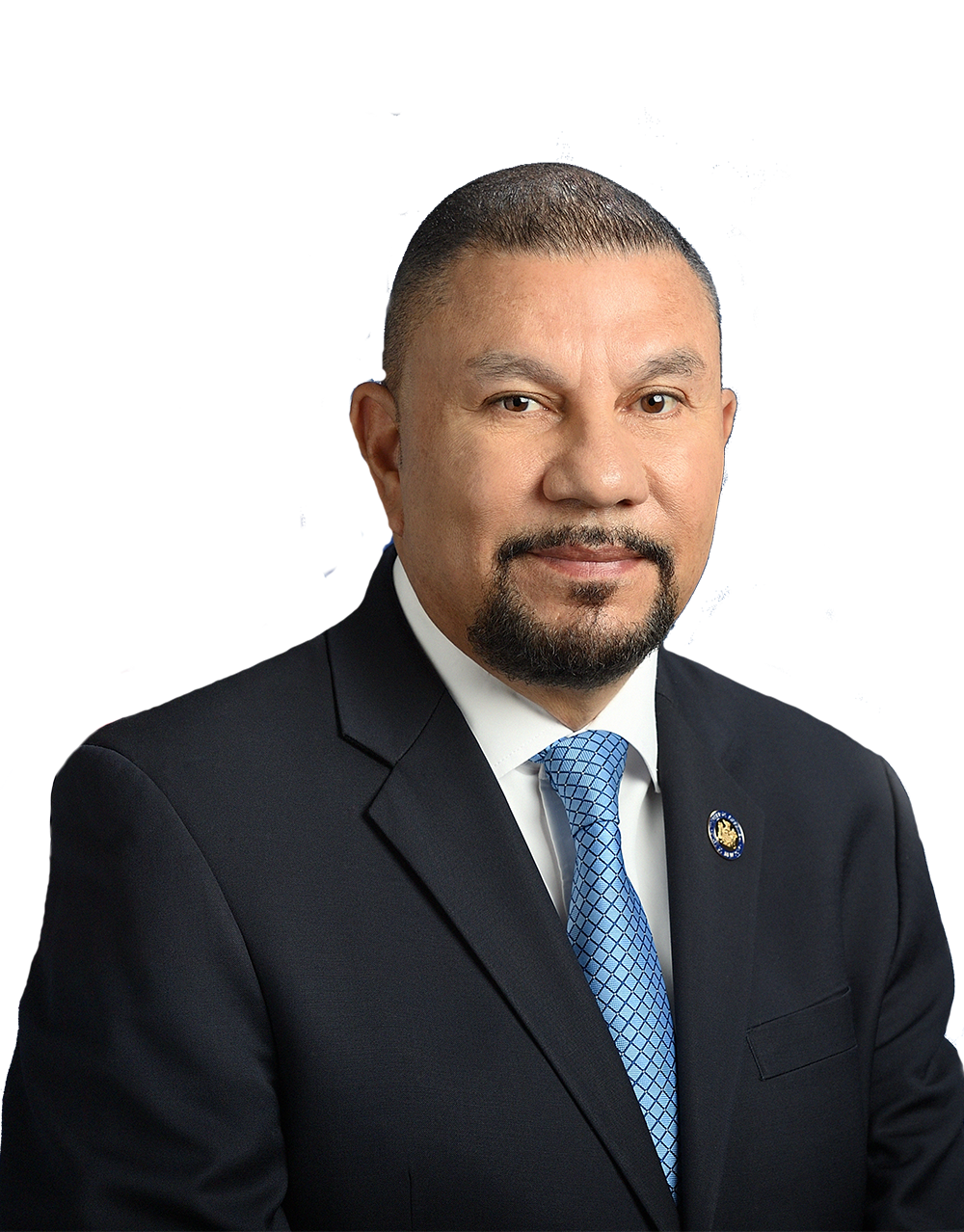Assemblyman Ramos Passes Package to Combat Heroin, Opioid Drug Abuse
In his continuing efforts to combat the heroin epidemic, Assemblyman Phil Ramos (D-Suffolk) helped pass measures that would provide better treatment and support services for those in need (A.10725, A.10726, A.10727).
“It’s heartbreaking to watch drugs take the lives of so many, especially as it’s affecting more and more of our youth, leaving parents devastated and in complete disbelief,” said Ramos. “The heroin epidemic is real – and it’s happening right in our backyards. It’s our duty to ensure that our communities break free from drugs’ deadly grip. I’ll continue fighting for our families in the state Legislature, but we must take proactive actions within our communities and spread awareness of this serious issue.”
The heroin package Ramos helped pass addresses the need for continued medical education on pain management by educating doctors and limiting the initial painkiller prescriptions from 30-day supplies to a 7-day supply (A.10727).
Additionally, the package increases access to addiction treatment by streamlining the insurance process so that those suffering can get a fighting chance to full treatment and recovery (A.10725). The bill is broken into four parts and would specifically require insurance companies to use different methods to determine treatment for heroin addicts, such as evidence-based and peer-reviewed clinical review tools approved by the Office of Alcoholism and Substance Abuse Services (OASAS). The measure also requires insurers to provide five days of coverage for withdrawal treatment and eliminates the need for prior authorization by managed care companies for buprenorphine and Vivitrol ¬– drugs used to treat opioid dependence. In addition, this bill increases the maximum time an individual incapacitated by drugs or alcohol can be brought to a treatment facility for detoxification services from 48 to 72 hours. Facilities will also have to provide specific information in their discharge planning to help ensure individuals are connected with treatment after they detox.
Lastly, the third measure would take a local approach by allowing social workers and other professionals to administer Narcan – a drug used to save lives in case of an overdose (A.10726). At the state level, quarterly reports on overdoses and Narcan use, on a county-by-county basis will be required, and hospitals will also be required to implement discharge planning for patients who are at risk for a substance abuse disorder.
